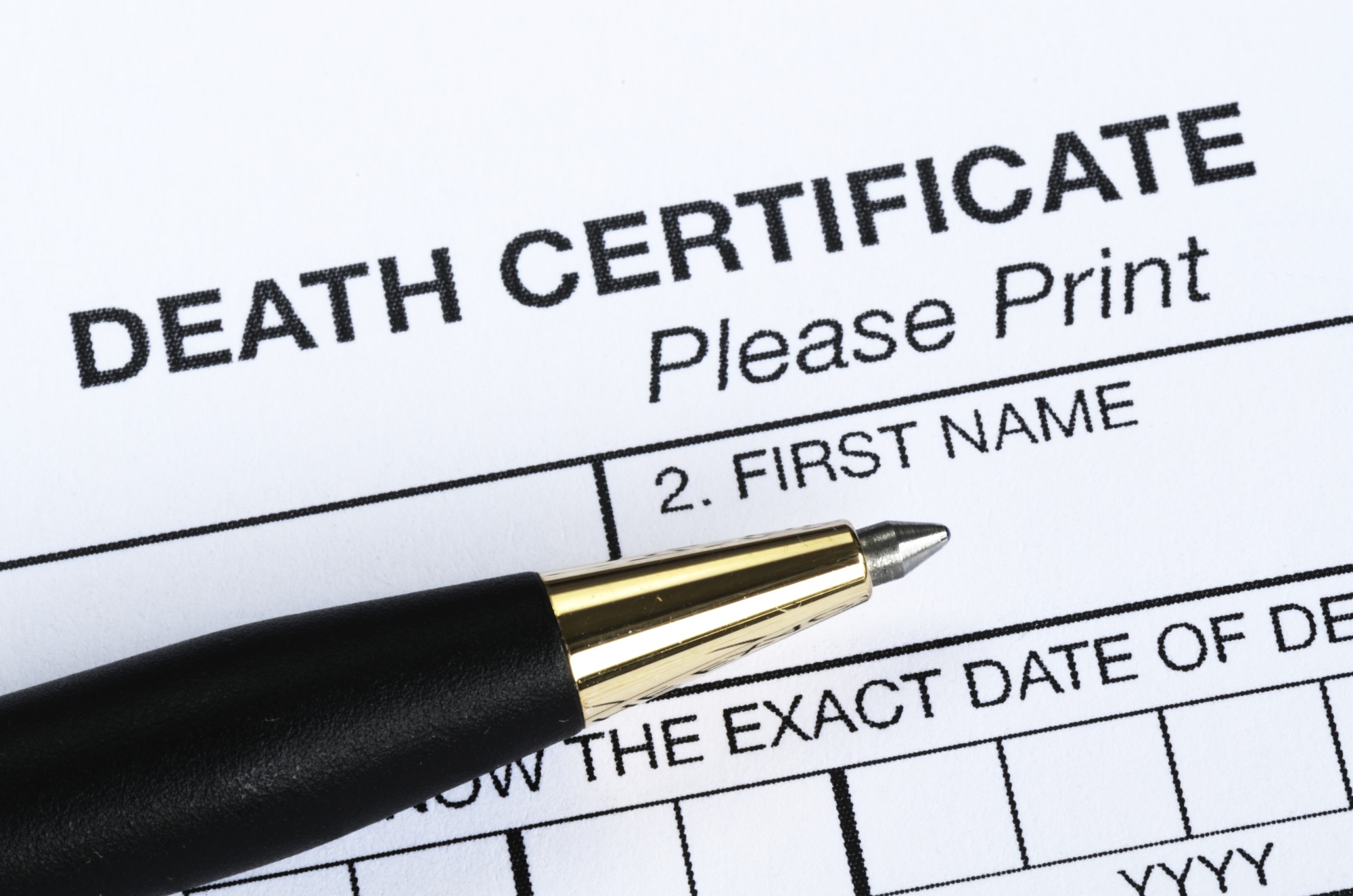
Defining Premature Death Concerning Life Insurance Policies
When you have children, a partner, aging parents, or someone who depends on you financially, it’s time to think about life insurance seriously. You want to protect your loved ones and help them overcome the ensuing financial hardship if something happens to you.
As you do your research or talk to insurance agents, you’d probably come across the term “premature death.” Life insurance pays a specified amount to dependents upon the premature demise of the insured. But what does it mean exactly?
Are you still covered if someone murders you? What about suicide? What about if you die due to an accident?
Read on to learn about what premature death means regarding life insurance policies.
What Is Premature Death?
Death is a certainty, but when it comes for you is not. That’s why life expectancy is a vital metric for assessing population health. According to the United Nations, the global average life expectancy for 2022 is 72.98 years.
Premature death is the early demise of someone who provides financial support to a family member or other dependents. That means dying before the life expectancy while still having outstanding financial obligations.
The consequences of premature death can be devastating. Your surviving family will have to cope with insufficient income due to lost earnings. How are they supposed to settle mortgage payments, college tuition, or medical bills if the breadwinner passes away?
Life insurance is a safety net to help cover the loss of your financial contribution when you die prematurely.
Term Life vs. Whole Life Insurance
Life insurance pays a “death benefit” to your named beneficiaries, but the timing of your death matters.
According to Outsetinsurance.com, term life insurance has an expiration date beyond which you’re no longer covered. Whole life insurance plans have no expiration date but have higher premiums.
Which Types of Death Do Life Insurance Cover?
Unfortunately, not all deaths are covered. In general, if you die due to natural causes, such as heart attack or stroke, your beneficiaries will receive the death benefit. The policy also applies to accidental demise due to drowning, car crashes, or unintentional drug overdose.
What about murder or homicide? If you get murdered, your beneficiaries can get the life insurance payout as long as none of them has any involvement in the crime.
You may be surprised to know that life insurance can cover suicide unless there’s a specific exclusion in the policy. However, most policies contain a “contestability period,” typically for the first two years. The beneficiaries won’t be eligible for the death benefit if death occurs during the contestability period.
What Isn’t Covered?
As mentioned, murder is a category of deaths not covered by life insurance if the beneficiary kills you or has something to do with the crime. Death by suicide that happens during the contestability period is another.
If you perish while participating in a risky activity, for example, rock climbing, your beneficiaries may get nothing. Depending on the situation, the insurer may withhold the death benefit if you willingly put yourself in harm’s way for fun or other reasons.
Protect Your Loved Ones
You hope that nothing will happen to you. But in case something does happen, it’s a huge relief for your loved ones if you have life insurance.
Unfortunately, not knowing what premature death means or what types of deaths are covered can lead to another tragedy. With one mistake, there’s a chance that your beneficiaries won’t be getting the death benefit they need.
For more lifestyle tips, please feel free to browse our site.
